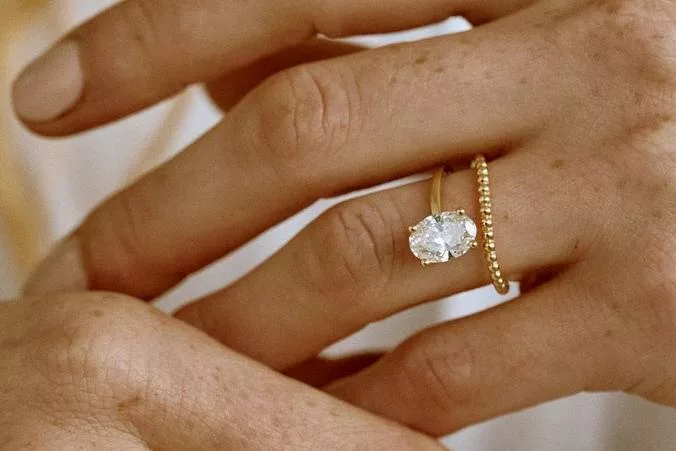4 February 2023
By Tom Collins
tom@TheCork.ie
Most couples get ‘engaged’ before they get married. If the engagement is broken (called off) and there is a dispute between the couple over property or finances, the Family Law Act 1981 allows them to take legal action against each other. The Act also allows an involved third party (such as a family member) to take legal action.
Before the Family Law Act 1981 came into effect, an engagement was considered a legally binding contract. This meant that, if the engagement was broken without lawful justification, the person responsible could be sued for damages for breach of promise. Since the 1981 Act, you cannot take legal action for breach of promise following a broken engagement.
These rules relate to engaged couples. Cohabitation (living together) does not necessarily mean that a couple is engaged to marry.
What happens to gifts which have been exchanged between the engaged couple?
When two people who are engaged give gifts (including an engagement ring) to each other, there is a presumption that the gifts will be returned (if requested), should the engagement end.
However, if the giver dies, it is presumed any gifts were given without any conditions. In this case, the surviving fiancé(e) can keep the gifts.
You can contest either of these presumptions in court if there is evidence to the contrary.
These presumptions only apply to gifts given during the engagement. They do not apply to gifts given before or after the engagement.
What happens to gifts from a third party?
If someone gives an engaged couple (or one of the couple) a wedding gift, it is presumed that the couple are joint owners. This can be contested if there is evidence to the contrary.
It is also presumed that the gift will be returned (if requested), should the engagement end and the marriage does not take place for any reason. This includes the death of one of the engaged couple.
If a third party gives a substantial benefit (not a wedding gift) to one of the couple as a result of the engagement, the third party can take legal action if the engagement ends. For example, if a relative carries out or pays for substantial work to improve a property which the couple had intended to use as their family home, the relative can apply to the courts for compensation.
Can somebody claim compensation for wedding preparation expenses if the wedding is cancelled?
Where an engagement has ended and one of the couple has incurred substantial expenses in preparation for the marriage (and has not benefited from the expenses), that person may apply to the courts for compensation from their ex-fiancé(e). Examples of expenses might include:
- Booking the wedding reception
- Booking the honeymoon
- Hiring a photographer or videographer
A third party (for example, a family member or friend) who incurs expenditure on behalf of one of the couple in preparation for the marriage and has not benefited, may also apply to the courts for compensation.
What are the property rights of engaged couples when the engagement ends?
When a couple (whose engagement has ended) disagrees about the division of property, it is treated in the same way as disputes between a married couple who are separating or divorcing.
This only applies to property in which either or both of them had a beneficial interest while they were engaged. It does not apply to property acquired after the engagement ended.
What are the options for legal action?
If your engagement has ended and you want to take legal action, you must do so within 3 years. Such cases are usually heard in the Circuit Court. However, if very valuable property is involved, you may ask that it be heard in the High Court.
Legal actions in relation to substantial, non-wedding gifts from a third party (or wedding preparation expenses), can be brought in the District Court if the amount sought is under €15,000.
Legal advice should be sought before taking any legal action.
Free Citizens Information Centres
Telephone lines in Cork City are monitored from 10am to 4.30pm, Monday to Friday. In addition, the Cork City Centre CIC in Cornmarket Street is open to the public from 10am to 12.30pm, Tuesdays and Thursdays, while the Blackpool CIC is open to the public each morning from 10am to 1pm, Monday to Friday. Full details for all Citizens Information Centres and their opening times are available on the website.


